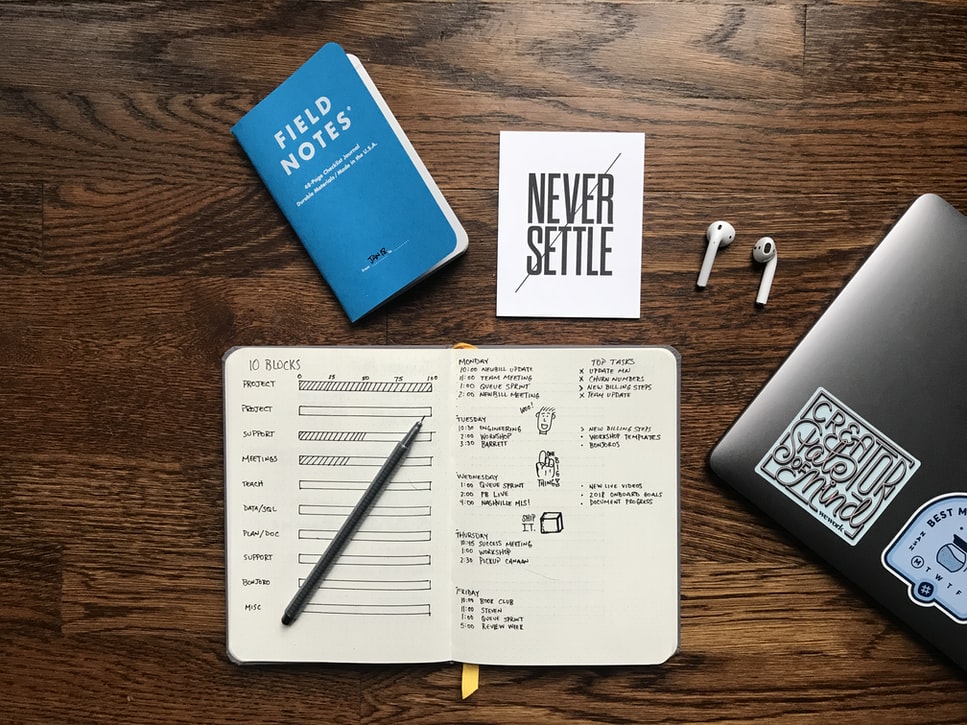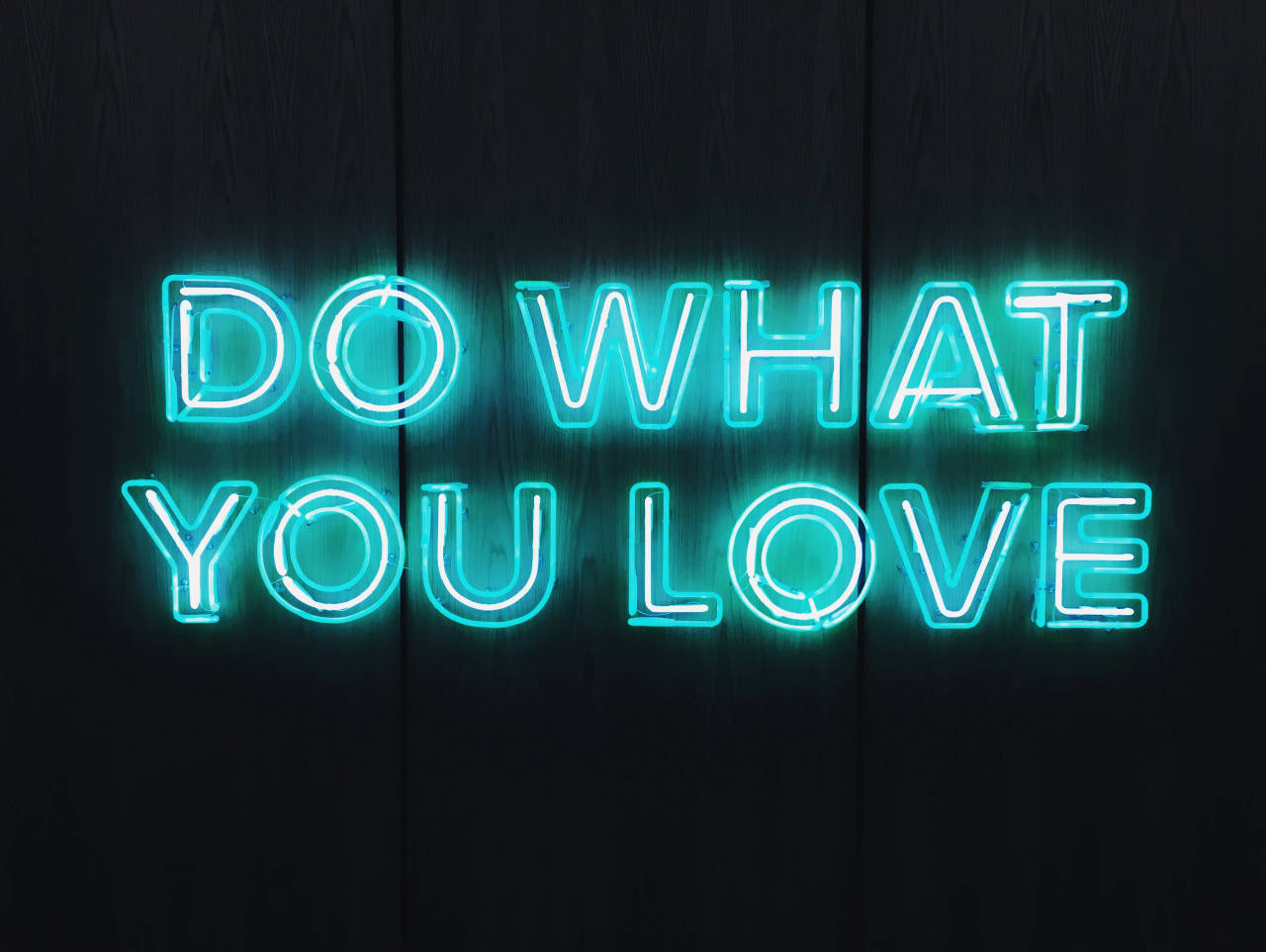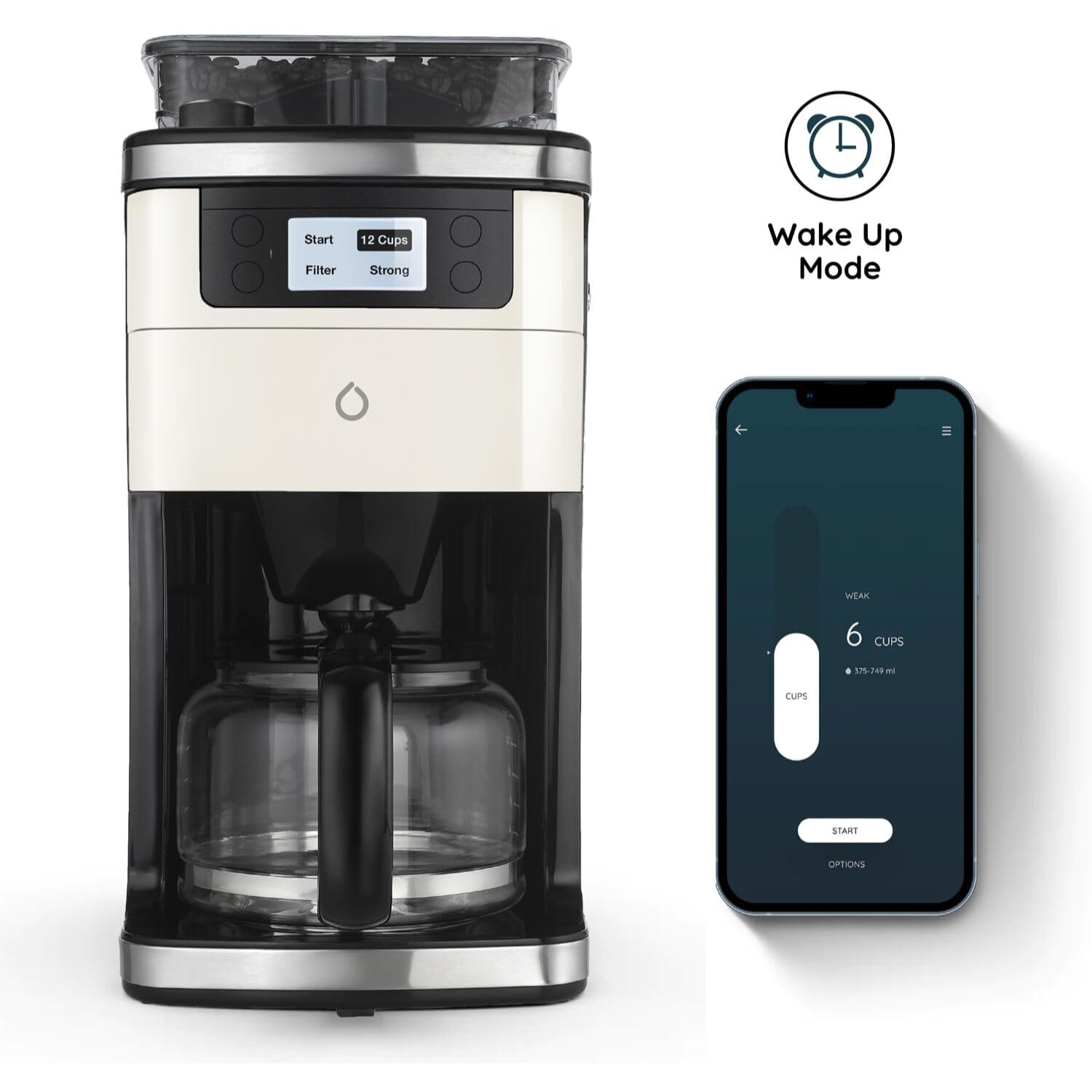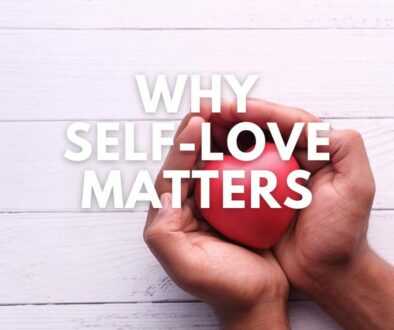Why It’s Important to Separate Your Personal and Professional Goals
Goal-setting is a non-negotiable stepping stone to success. While it’s blissful to live life on the fly, having specific and measurable goals keeps us on track and helps us assess if we’re anything near achieving the life we’ve always wanted for ourselves.
Some basic goals have been set up for us from the get-go: finish school, land a good job, and save enough money for a comfortable retirement. Still, living a fulfilling life requires more than simply ticking off these predetermined milestones and making some of our own. To truly live life on your own terms and to avoid using someone else’s idea of what success looks like, you’ve got to take the time to draw your own goals in life.

At a glance
- Laying down professional goals
- Thinking about your personal goals
- The importance of separating the two goal sets
- Striking the perfect balance
- Getting started with a balanced goal-setting
Laying Down Professional Goals
Professional goals are targets you want to hit career- or business-wise. These are usually tied with degrees and achievements that other people in your field of education or business may also be chasing after.
Professional targets are almost always timebound, measurable, and quantifiable in the sense that there are very specific steps you can take to achieve each one. For example, if your goal is to get a Master’s degree in the next five years, then it’s clear as day what you have to do to get there: get into a Master’s program, and save enough money for the matriculation. If the goal is to get a higher-paying job before the year ends, then you already know you’ve got to start sending out job applications now.

In a way, professional goals may be challenging to hit and execute, but they’re far easier to set than personal ones. This is partly because we’ve always been trained to have professional goals.
From the moment we learned how to talk, people have been asking us what we want to be when we grow up. Kids who have high professional ambitions at an early age were praised growing up, while those who never seem to have any idea what they want to do in life made their parents sick with worry. Choosing your college major and sitting for job interviews where you had to answer questions like ‘Where do you see yourself in five years?’ are likewise exercises in professional goal-setting, as they force you to think far ahead in your career.
Thinking About Your Personal Goals
In comparison, other people are hardly ever interested to hear about our personal goals. These goals are more closely tied with our idea of ‘happiness’ and ‘fulfillment’ as opposed to our ideation of ‘success.’ Some examples would be traveling to all your dream destinations before you’re 40, or learning a certain language for reasons other than gainful employment, or simply achieving a certain target weight.
There is almost always no external pressure to achieve our personal goals. Unlike professional goals where you’d most likely be going up against other people who are chasing after the same promotions, positions, and recognitions, your biggest and toughest competition when it comes to your personal goals is yourself.

Compared to professional goals which are often associated with highly tangible benefits like job security and higher pay, personal goals rarely offer monetary incentives, but rather pave the way for self-actualization and self-fulfillment. In fact, chasing after personal goals are sometimes viewed as a waste of time and energy in this highly-competitive world that’s obsessed with its rather rigid definition of success rather than happiness and contentment.

The Importance of Separating the Two Goal Sets
The most important reason why we must distinguish between our personal and professional goals is to disabuse our minds of the idea that success automatically equates to happiness. It’s always puzzling to us how someone — a celebrity, or a highly respected company executive, for instance — can have everything one could ever want in life but still end up so unhappy. But it shouldn’t be that difficult to understand why: these people must have spent all time and energy chasing after their professional goals that they forgot to pause and think about achieving any of their personal goals in life.
Another important reason why you have to list your professional and personal goals in separate columns is so to avoid running in the opposite direction of where you really want to end up in life. For example, you might find that your biggest personal goal in life would be to see as much of the world as humanly possible. Then, it might not be the worst idea to trade your current stable, high-paying, 40-hour/week job for something more flexible like freelancing, which would allow you to still earn a decent living while you’re backpacking across the globe.
Here’s another example: if you find that your biggest personal goal in life would be to be an advocate for environmental justice, then you’re not doing your soul any favors by working for a company that produces single-use plastic or any other major pollutant. A better alternative would be to chase professional success with a company or an organization that shares your personal advocacy of environmental justice.
Likewise, if one of your personal goals is to have a healthier lifestyle by sleeping better and hitting the gym regularly, then you shouldn’t remain at a job that leaves you without any time to workout or a boss that doesn’t respect your free time and would call you with deliverables in the dead of the night.

Striking the Perfect Balance
This is not to say that personal goals should trump professional goals 100% of the time. After all, hitting career milestones carry with it benefits that are essential to survive and thrive in life. It’s still a highly material world, at the end of the day. In fact, some people might even find themselves lucky that their professional goals perfectly align with their personal goals, in that the thing that would actually make them happy is having a successful career that they can be proud of. But generally, what we should collectively realize is that there is so much more to life than finishing school to land a high-paying job to work in until it’s time to go.
The Japanese have this very interesting concept called Ikigai, which roughly translates to ‘reason for being.’ In a nutshell, Ikigai promotes a lifestyle that strikes a perfect balance between one’s spiritual and practical needs. It submits that we could find joy and fulfillment at the intersection of our passions, profession, vocation, and life mission. This means your Ikigai would be that thing that you’re good at, which you also love doing, that also happens to be something the world needs and is willing to pay for.
This is a delicate balance to be had, and most of us might have to calibrate and recalibrate both our personal and professional goals for years before we can find it, if at all. But what’s important is taking that first step into realizing that James Taylor was correct in warning us that “you can play the game and you can act out the part, even though you know it wasn’t written for you.”
It is very important to set personal goals separate and distinct from professional goals because the latter is almost always imposed upon us by society. This is why some people find it shocking — appalling, even — how someone could turn their backs on some wonderful career opportunities in exchange for something that others might find silly or ‘unproductive.’ But there is something profoundly beautiful in realizing that happiness is not contained in other people’s praise or congratulations.
Your professional goals should, at the very least, serve as a means to achieve your personal goals. Harmonizing your personal and professional targets in a way that lets you move forward with both might be the most challenging task you can put yourself up to, but the rewards are priceless. At the end of the day, you are the only one stuck with the consequences of the choices you make in life, so it is incumbent upon you to strike this perfect balance.

Getting Started With A Balanced Goal-Setting
So how do you start setting these harmonized personal and professional goals? First, go on a social media hiatus for as long as you possibly could to limit outside influences while you’re setting goals. Keep in mind that your goals must be yours, and not merely a retelling of what other people’s definition of success or happiness may be.
Start with some personal goals. Dig deep into your soul by thinking back on the times where you felt most happy and most alive. Find out what is it that excites you and makes your heart leap with joy, and anchor your personal goals around things that would make you feel the same way. If the idea of leaving everything behind to start a new life in another city excites you to no end, then that should be part of your personal goals. But personal goals could also include something as simple as trying out an outrageous hair color or finally getting a tattoo. Don’t hold back — the list can be as long as you want and can include anything — anything at all that sparks joy.
Then assess where you are professionally. If your professional goals perfectly align with your personal targets, or at the very least provide no conflicts with what you want to achieve in your personal life, then you are all set. But if your professional targets stand in stark contrast with the things that would make you happy, then it’s time to make some new professional goals.
This way, you can come up with a list of personal and professional goals that are separate yet in perfect harmony.

Article by Bella Toledo Edited by Li-ling Ooi














